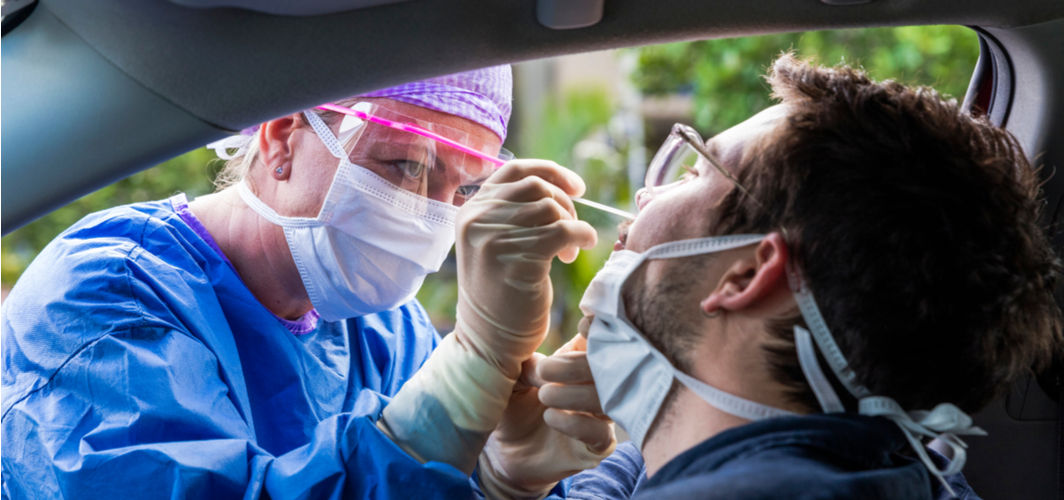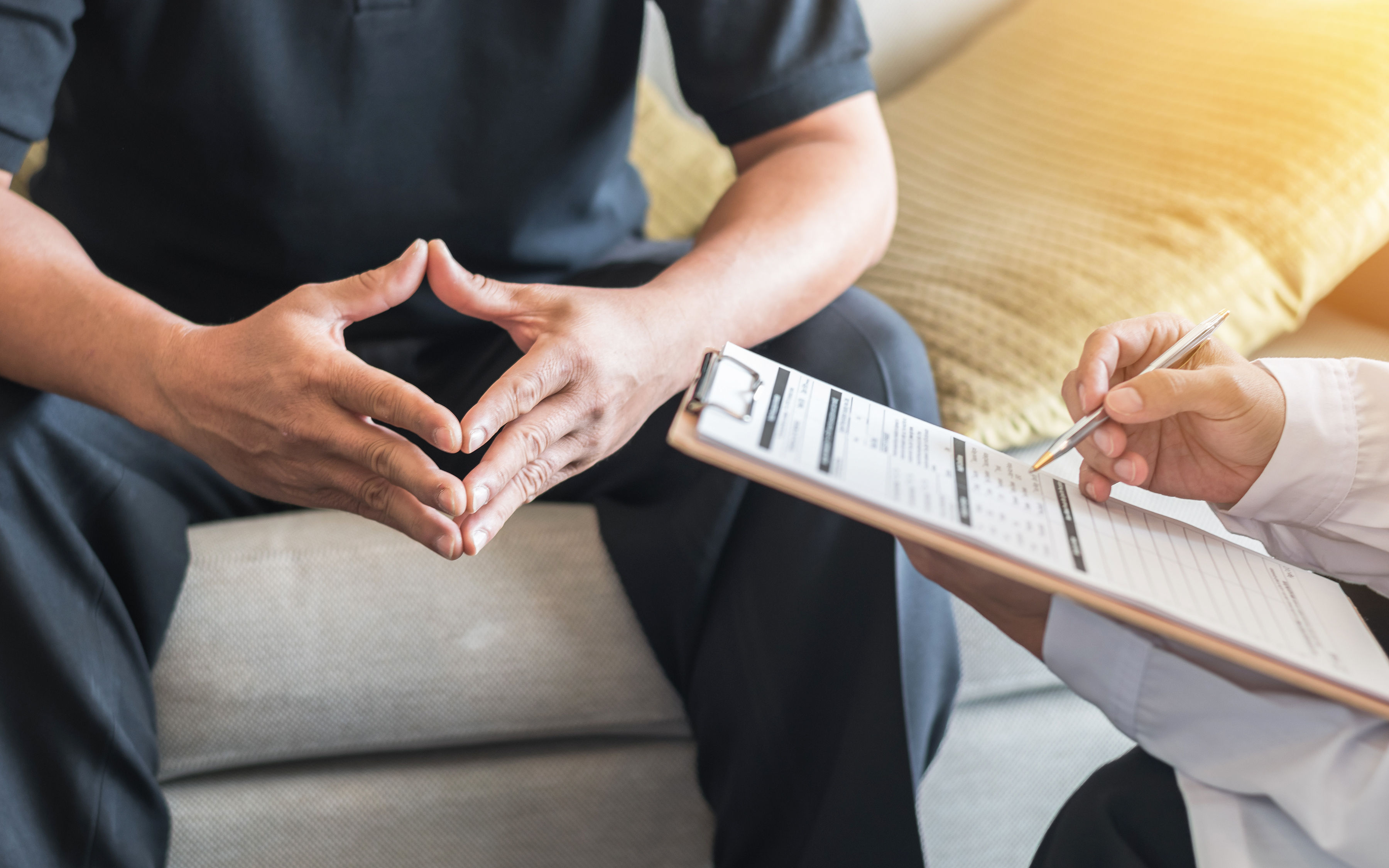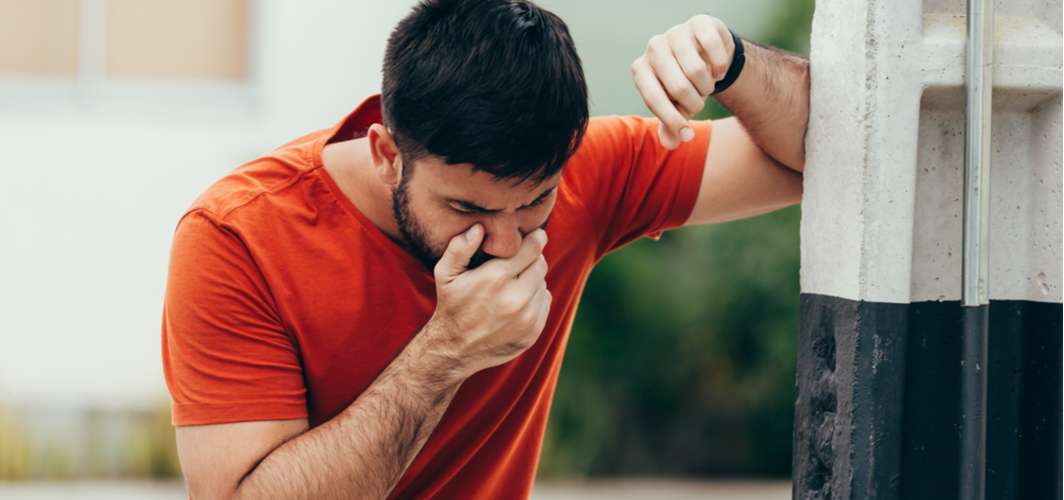Coronavirus Updates
When Should One Get Tested for COVID-19 in India?
1 min read
Published on - 29 April 2020, Updated on - 18 October 2022
Share this article
0
0 like

This novel strain of Coronavirus, known as COVID-19 has been recently discovered. Scientists and medical experts are still trying to understand the virus, its symptoms, and potential treatment methods. Hence, there are chances of people not being aware of the right scenario for getting tested for COVID-19. As per Indian government guidelines, some individuals may not show symptoms but still must get tested. However, there can be some individuals who need not get tested for COVID-19, despite having some symptoms. Therefore, the Indian Council of Medical Research (ICMR), as the nodal agency for COVID-19, has issued a set of guidelines for COVID-19 testing. Please continue reading to become aware of these guidelines.
According to the Indian Council of Medical Research (ICMR), anyone who falls under any of the below-given categories should get themselves tested for COVID-19:
- All symptomatic individuals who have undertaken international travel in the last 14 days
- All symptomatic contacts of laboratory-confirmed cases
- All symptomatic health care workers
- All patients with Severe Acute Respiratory Illness (fever AND cough and/or shortness of breath)
- Asymptomatic direct and high-risk contacts of a confirmed case should be tested once between day 5 and day 14 of coming in his/her contact
In hotspots/cluster (identified by the Ministry of Health and Family Welfare) and in large migration gatherings/evacuees centre, individuals need to be tested for COVID-19 if:
- They show symptoms of fever, cough, runny nose, sore throat within and after 7 days of illness.
As on 28 April 2020, a total of 7,16,733 samples have been tested in India.
If you have any questions relating to Coronavirus, do an online doctor consultation with our team of expert doctors.
Coronavirus Updates
Leave Comment
Recommended for you

Coronavirus Updates
How Does COVID-19 Affect Pregnant Women and Their Babies?
While research is still ongoing, various studies have indicated the transfer of COVID-19 infection from an infected mother to their child.

Coronavirus Updates
Exploring the Impact of COVID-19 on Men’s Health
Research suggests that COVID 19 survivors are at a risk of developing sexual, psychological and cardiovascular health issues. Read to know more.

Coronavirus Updates
COVID-19 Wave 2: What Are The New Symptoms?
The second wave of Coronavirus has hit India hard and is spreading fast. New strains of SARS-CoV-2 have been detected in this wave, which are causing symptomatic infections in patients.
Subscribe
Sign up for our free Health Library Daily Newsletter
Get doctor-approved health tips, news, and more.
Visual Stories

COVID-19 Home Care: Guidelines for Patients and Caregivers
Tap to continue exploring
Recommended for you

Coronavirus Updates
How Does COVID-19 Affect Pregnant Women and Their Babies?
While research is still ongoing, various studies have indicated the transfer of COVID-19 infection from an infected mother to their child.

Coronavirus Updates
Exploring the Impact of COVID-19 on Men’s Health
Research suggests that COVID 19 survivors are at a risk of developing sexual, psychological and cardiovascular health issues. Read to know more.

Coronavirus Updates
COVID-19 Wave 2: What Are The New Symptoms?
The second wave of Coronavirus has hit India hard and is spreading fast. New strains of SARS-CoV-2 have been detected in this wave, which are causing symptomatic infections in patients.